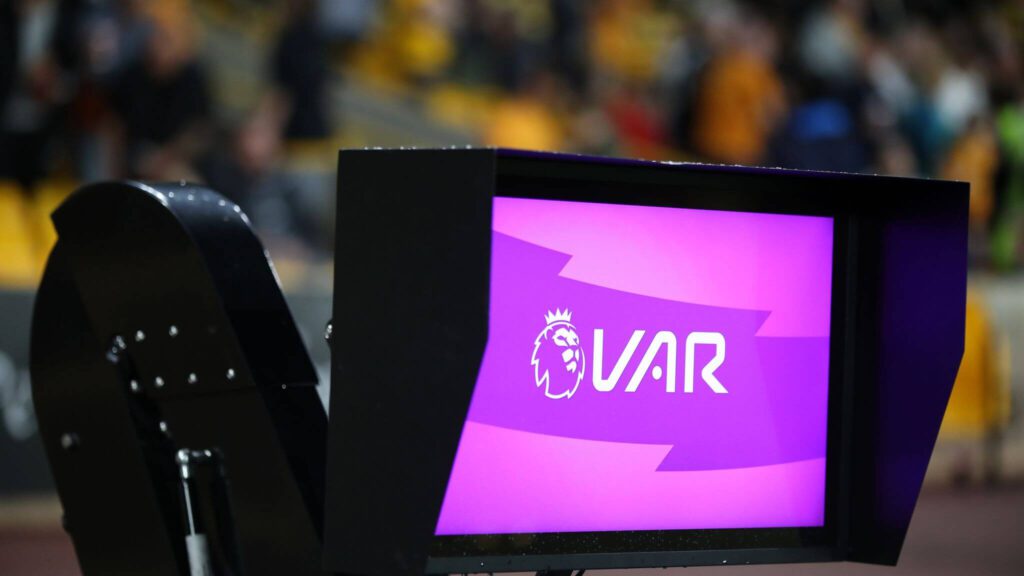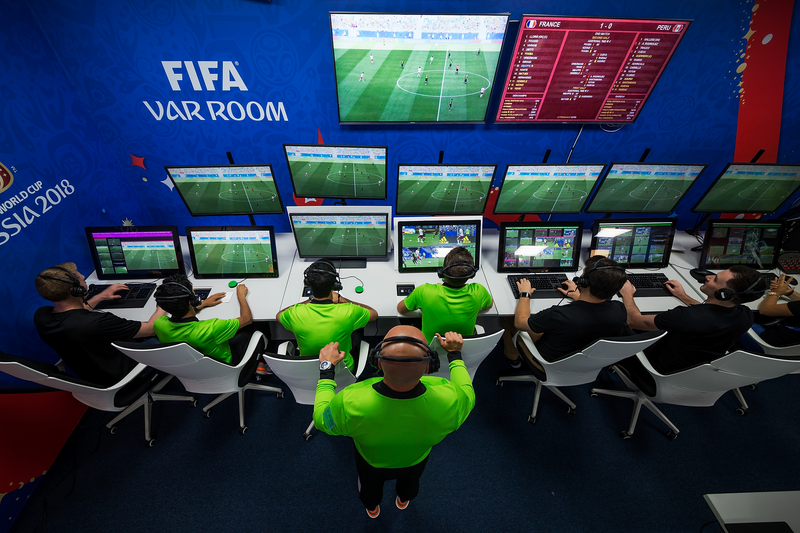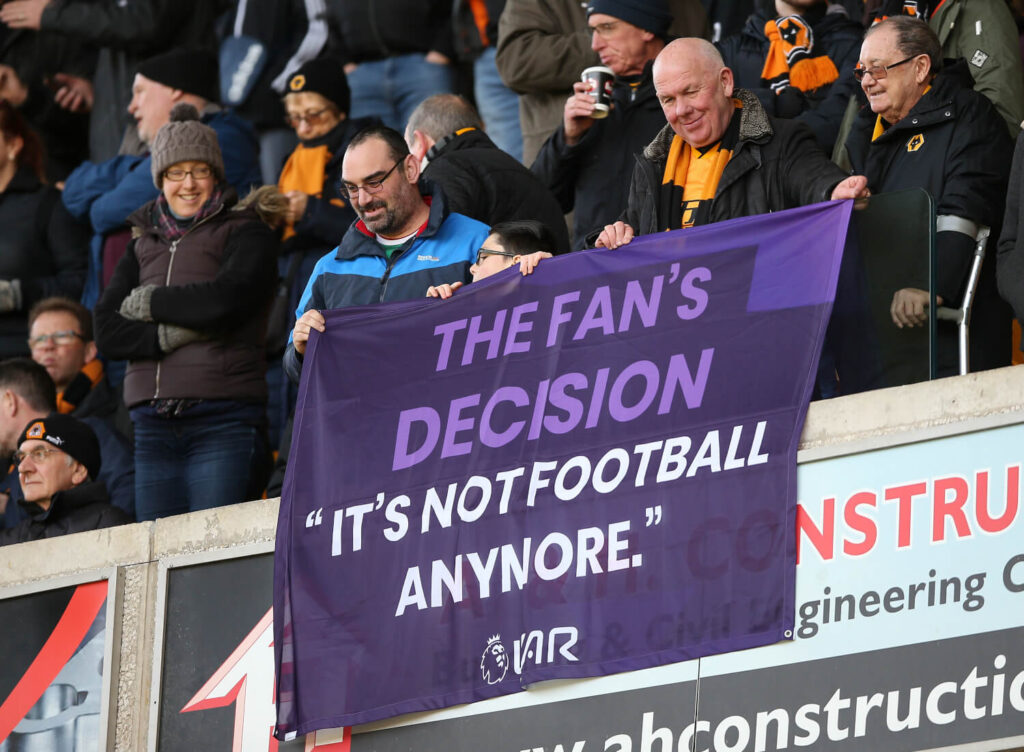Video Assistant Referee: A Blessing or A Curse in 2024/25?

In recent years, the introduction of Video Assistant Referee (VAR) technology has sparked heated debates among players, coaches, and fans alike. While VAR aims to enhance decision-making in football, its implementation has also faced criticism for disrupting the flow of the game. In this article, we’ll delve into how VAR works, its pros and cons, and the ongoing discussions surrounding its impact on the beautiful game.
How Video Assistant Referee Works in Football
Video Assistant Referee is designed to assist the on-field referee in making crucial decisions regarding goals, penalties, and red card incidents. Here’s a quick breakdown of how it operates:
- Decision Review: The VAR team reviews the incident using multiple camera angles and replays;
- Communication: The VAR communicates with the on-field referee, who can choose to review the footage on a pitch-side monitor;
- Final Decision: The referee makes the final call based on the evidence provided by VAR.

The Pros of Video Assistant Referee
- Increased Accuracy: VAR has been shown to improve the accuracy of critical decisions, reducing the number of mistakes made by referees;
- Fairness: By reviewing controversial calls, VAR aims to ensure that all teams receive a fair outcome;
- Consistency: The use of technology helps maintain consistency across matches, especially in high-stakes situations.
The Cons of Video Assistant Referee
- Disruption of Game Flow: Critics argue that VAR reviews slow down the game and break the momentum for players and fans.
- Subjectivity: While VAR aims for objectivity, interpretations of certain incidents can still be subjective, leading to controversies.
- Fan Frustration: The delays and uncertainties surrounding VAR decisions often frustrate fans, detracting from the match day experience.

Fan Reactions and Opinions
The introduction of VAR has elicited a wide range of reactions from fans. Some view it as a necessary evolution in football, while others see it as an unwelcome intrusion. Here’s a glimpse into fan sentiments:
- Supporters of VAR: They argue that technology should be embraced to improve fairness and accuracy;
- Opponents of VAR: They claim that the human element of refereeing is being lost, making the game less enjoyable.
Even some players gave their opinion about the VAR and its influence on the game:
- Cristiano Ronaldo: “VAR is here to stay, but we need to ensure that it is used in the right way. It should help, not create more confusion.”
- Marcus Rashford: “When the decisions go for you, it’s great. But when they don’t, it feels like you’re getting punished for something that was out of your control.”
- Raheem Sterling: “VAR can be a great thing for the game, but at the moment, it’s not being used properly. The rules need to be clearer.”
- Gareth Bale: “I think it’s been a bit of a shambles to be honest. It takes away from the game, and it’s just adding more controversy.”
Conclusion: The Future of VAR in Football
As technology continues to evolve, its impact on football remains a hot topic of discussion. While it offers significant benefits in terms of accuracy and fairness, particularly in correcting clear and obvious errors, the challenges it presents cannot be ignored. Controversies surrounding delays in decision-making and perceived inconsistencies in application have stirred debates across fans, players, and analysts alike.
Despite its aim to reduce human error, Video Assistant Referee has introduced a new layer of subjectivity, leading some to question if it disrupts the game’s fluidity. The debate over whether VAR is a blessing or a curse will likely continue as the footballing world adapts to this new reality, balancing the pursuit of justice with the spirit and pace that fans love about the game.

1 thought on “Video Assistant Referee: A Blessing or A Curse in 2024/25?”
Pingback: Chelsea vs Arsenal Analysis | Premier League 2024/25 season